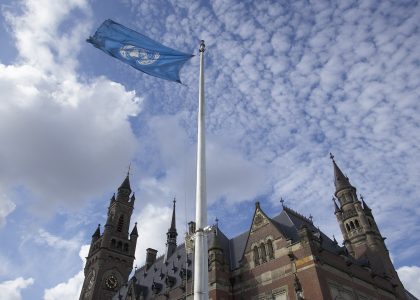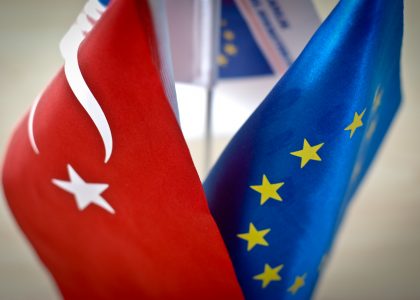By Sabrina Ahmed
In September 2022, I started my ethnography as a PhD researcher in the Rohingya refugee camps in Bangladesh. Focusing on the impacts of security policies on the refugee population, I delved into their stories, challenges, and interactions. While undertaking my research, I have also accepted a voluntary position as a research assistant with Cox’s Bazar Analysis and Research Unit (CARU), UNDP, a role that shaped my understanding of the importance of collaboration between academia and humanitarian agencies. Today, I am thrilled to share that my efforts have been recognized with the prestigious Public Engagement and Outreach Prize by the University of East Anglia, UK. In this blog post, I will reflect on my journey, the lessons learned, and the significance of bridging the gap between academia and the field.
From the outset, my intention was to immerse myself in the lives of the Rohingya refugees, gaining first-hand insights into their challenges and narratives. Spending countless hours in the camps, I had the privilege of connecting with the community on a personal level. By undertaking interviews and collecting data from 151 refugees across twenty different camps, I sought to amplify their voices and perspectives in the discourse on security. This experience shaped my understanding of the importance of incorporating local knowledge and diverse viewpoints in academic research.
To expand the impact of my research, I took on a voluntary role with Cox’s Bazar Analysis and Research Unit (CARU), working closely with the UNDP in Cox’s Bazar. As a research assistant, I actively contributed to various tasks, including conducting interviews, collecting data, preparing reports, and delivering presentations to donors and UN agencies. This experience not only broadened my research capabilities but also allowed me to witness the direct impact of my work on policy decisions and programming. I developed a comprehensive understanding of the complex dynamics surrounding security issues by engaging with the refugee community, liaising with stakeholders, and attending inter-agency meetings.
The recognition I received through the Public Engagement and Outreach Prize highlights the value of collaboration between academia and humanitarian agencies. This interdisciplinary effort has showcased the immense potential for knowledge exchange and cooperation between these two domains. By combining academic rigour with practical insights from the field, we can create more effective policies and interventions that address the needs of vulnerable populations. My experience working alongside experienced professionals and collaborating with my university supervisors has emphasised the importance of such partnerships in driving positive change.
As a critical security scholar, I understand the significance of incorporating diverse perspectives, particularly those of refugees, in understanding security challenges. Moving beyond elite perspectives allows us to create a more comprehensive depiction and formulate inclusive security policies. Through my work, I was able to shed light on the rising gunfights and armed violence during daytime in the camps, leading to the implementation of additional security measures for UN personnel and refugees. This, not only enhances the safety of those in the camps but also promotes the well-being and dignity of the entire community.
My journey in the Rohingya refugee camps and my collaboration with CARU and the UNDP have been invaluable experiences that have shaped my academic pursuits and strengthened my commitment to critical research and humanitarian work. I encourage both academia and humanitarian agencies to explore opportunities for collaboration, whether through volunteer work, short-term contracts, or joint research projects. By bridging the gap between theory and practice, we can create a more inclusive and impactful approach to addressing the complex challenges faced by displaced communities.
My time in the Rohingya refugee camps and my engagement with CARU, UNDP and other UN agencies have been transformative experiences, shaping my understanding of the intersection between academia and humanitarian work.





